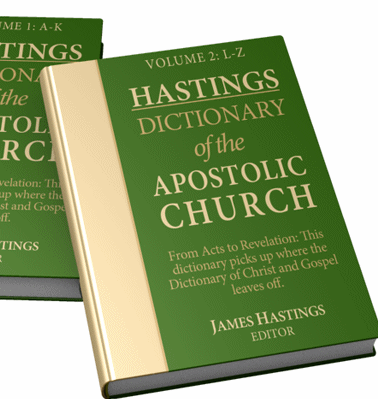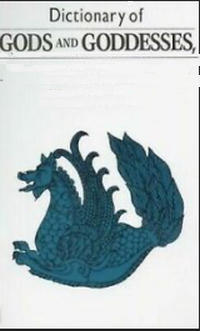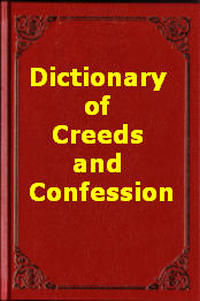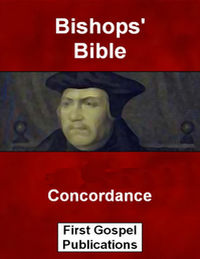Whyte’s Dictionary of Bible Characters
Bullinger Figures of Speech Used in the Bible Explained and Illustrated (Dictionary format) This is E.W. Bullinger’s “Figures of Speech Used in the Bible Explained and Illustrated.” However, it is in .dct.twm format. This module already/also exists as an ebook module.
Word Studies in Old Testament, New Testament
Dictionary of the Apostolic Church With over 1,500 pages of summaries, maps, and abbreviations, there are over 100 Biblical scholars and pastors supplying the essays. More of an encyclopedia, this collection is the perfect resource for teachers, pastors, and anyone.
Dictionary of the gods and goddesses in the Bible
Dictionary of Creeds and Confession throughout Church History, from the New Testament Times to the Twentieth Century.
Vine’s Expository Dictionary of NT Words is a classic work. Many have recognized it as very valuable in the past, but modern Greek scholars have some problems with it now-a-days. The problem comes in when one presumes that the formation of a word controls its meaning forever. That is just not so. As languages are fluid, people begin using words with a different meaning from what the root parts of the word are. So the actual meaning of a word in real time use today maybe different from what the word’s roots meant when it was first introduced into the language. The English word “prevent” meant originally to go before. That is the meaning in the KJV (being closer to the time when the word was first introduced into the language). Today the word means to stop something from happening. 1 Thessalonians 4:15 For this we say unto you by the word of the Lord, that we which are alive and remain unto the coming of the Lord shall not prevent them which are asleep. So as you can see, the correct understanding of this word “prevent” is to go before something else. But in our modern day meaning, the…
Hastings Hastings Dictionary of the NT
Webster’s Dictionary of the English Language
Concordance of Bishops Bible 1568




